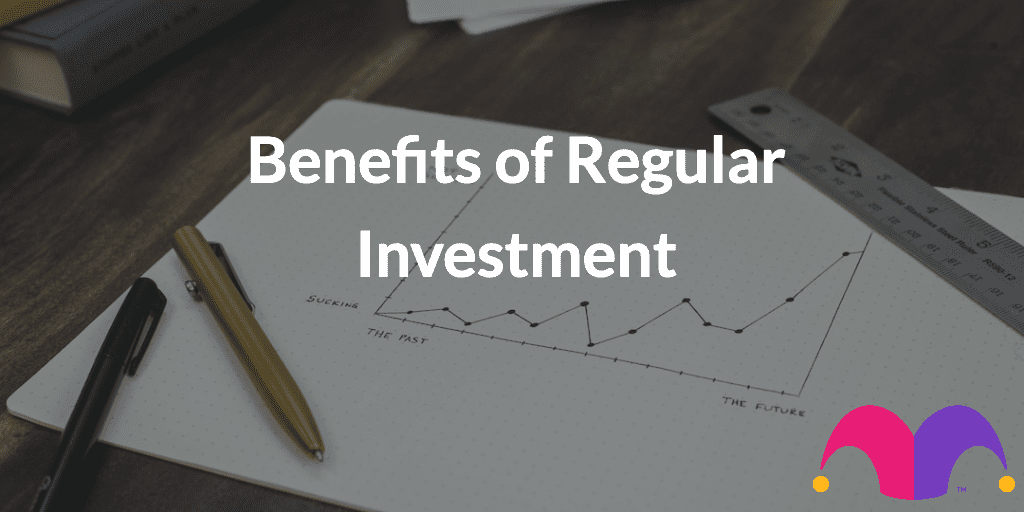We think using an index tracker can take a lot of the worry and stress out of investing. However, you may still be concerned that you might invest at the wrong time.
Tune out the noise
One problem with investing is that you never know what the stock market will do next. Many column inches are devoted to predicting the short-term direction of the market, but it is all just pure speculation. No one knows which direction the market is heading although that doesn’t seem to stop everyone having an opinion (unfortunately).
The best thing to do is ignore all this noise, which we appreciate is easier said than done.
The key thing to appreciate, in our opinion, is that the long-term direction of the market is upwards. You can’t time your entry to perfection; the most important thing is taking part. There’s an old investment saying that’s worth mentioning here — it’s about ‘time in the market’ not ‘timing the market’. Clever, eh?
Pace yourself
An excellent way of pacing your investments is by regular investment of say £25, £50 or £100 a month into an index tracker. Or even more if you like. Pretty much every fund has a regular savings scheme set up these days. Usually the costs are extremely low. Setting up a regular investment is also a good discipline, meaning that you effectively force yourself to invest every month. It’s a good habit to get into.
Many brokers also make it pretty easy to set up regular investments into individual shares, which cost just a fraction of the price of a normal trade.
Likewise, when you finally cash in your investment, the reverse of this strategy makes sense. Rather than taking your money out in one go, you can sell gradually. Of course, you may decide that the stock market is the best place for your money in perpetuity and that you intend to live off the dividends and let your capital grow further.
